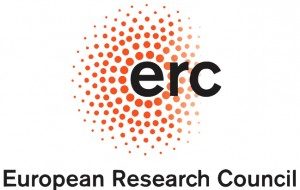Extracellular proteins are involved in many interactions between producing bacteria and their biotic and abiotic environment. They are involved in scavenging, in interactions with eukaryotes (they are key virulence factors), and in microbial associations. These proteins endure complex selective pressures as they are expensive, change their environment, and often require cooperative dynamics between producer cells to be stably selected for. Their frequency is very diverse across bacterial clades. However, it is not clear what constrains the use of these proteins by Bacteria and justifies the different in their frequency across taxa.
Here, we test the hypothesis that the frequency and cost of extracellular proteins produced by bacteria, which often depend on cooperative processes, vary with habitat structure and community diversity. The integration of the environmental distribution of bacteria and their genomes shows that bacteria living in more structured habitats encode more extracellular proteins. In contrast, the effect of community diversity depends on protein function: it’s positive for proteins implicated in antagonistic interactions and negative for those involved in nutrient acquisition. Extracellular proteins are costly and endure stronger selective pressure for low cost and for low diffusivity in less structured habitats and in more diverse communities. Finally, Bacteria found in multiple types of habitats, including host- associated generalists, encode more extracellular proteins than niche-restricted bacteria.
This study shows how ecological factors affect the repertoires of genes encoding extracellular proteins in Bacteria. It shows that two key ecological variables, notably habitat structure and community diversity, shape the evolution of the repertoires of genes encoding extracellular proteins and thus affect the ability of bacteria to manipulate their environment. This is crucial to understand the evolution of bacteria and of their interactions with the environment.
Published in Nature Communications, 2020.




